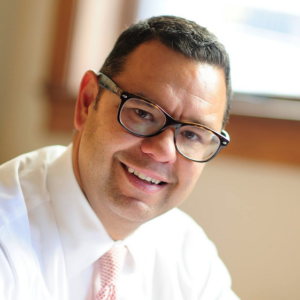Juvenile Defense History
Everyone has a right to legal counsel when facing criminal charges and Utah minors have the option to be represented by a juvenile defense attorney who can advocate specifically for them. According to the Office of Juvenile Justice and Delinquency Prevention, “If [youth] come into contact with the juvenile justice system, the contact should be rare, fair, and beneficial to them.” This wasn’t always the case however.
One law, one court for all

Prior to the 1900’s, children as young as seven years old were tried as adults and either executed by methods such as hanging or thrown into prison with adult offenders . Fortunately, the United States realized by the end of the 19th century that certain norms such as capital punishment for school aged children needed to change. When society eventually grasped the concept that children and teens were not merely small adults, it was finally understood that there was a need for a different justice system to specialize in cases regarding minors. This also included designating separate facilities to house juvenile offenders during treatment instead of hurling them into adult prison. For this cause, the juvenile court system was established in 1899 with a focus on rehabilitation of the youth.
Due process
Over nearly seven decades, numerous cases in these new juvenile courts were in question due to unfair proceedings. In many instances, judges would place minors in a youth home to live out their childhood without valid evidence supporting crimes. Additionally the children and teens were not able to argue with the sentencing. 68 years after establishing the juvenile court system following a case known as In re Gault, it was recognized that the youth should probably be allowed the right to counsel by a juvenile defense attorney as well as fair court proceedings that are defined in the 5th and 14th Amendments.
Juvenile Defense

By the 1970’s children and teens were finally being given a voice in court. With a juvenile defense attorney advocating in their behalf, the youth now had someone that was loyal to them and who would look out for the minor’s best interest; an juvenile defense attorney who understood the proceedings and could counsel the families of the young clients on what actions to take in court. At last the youth’s contact with the juvenile justice system could be “rare, fair, and beneficial to them.”
